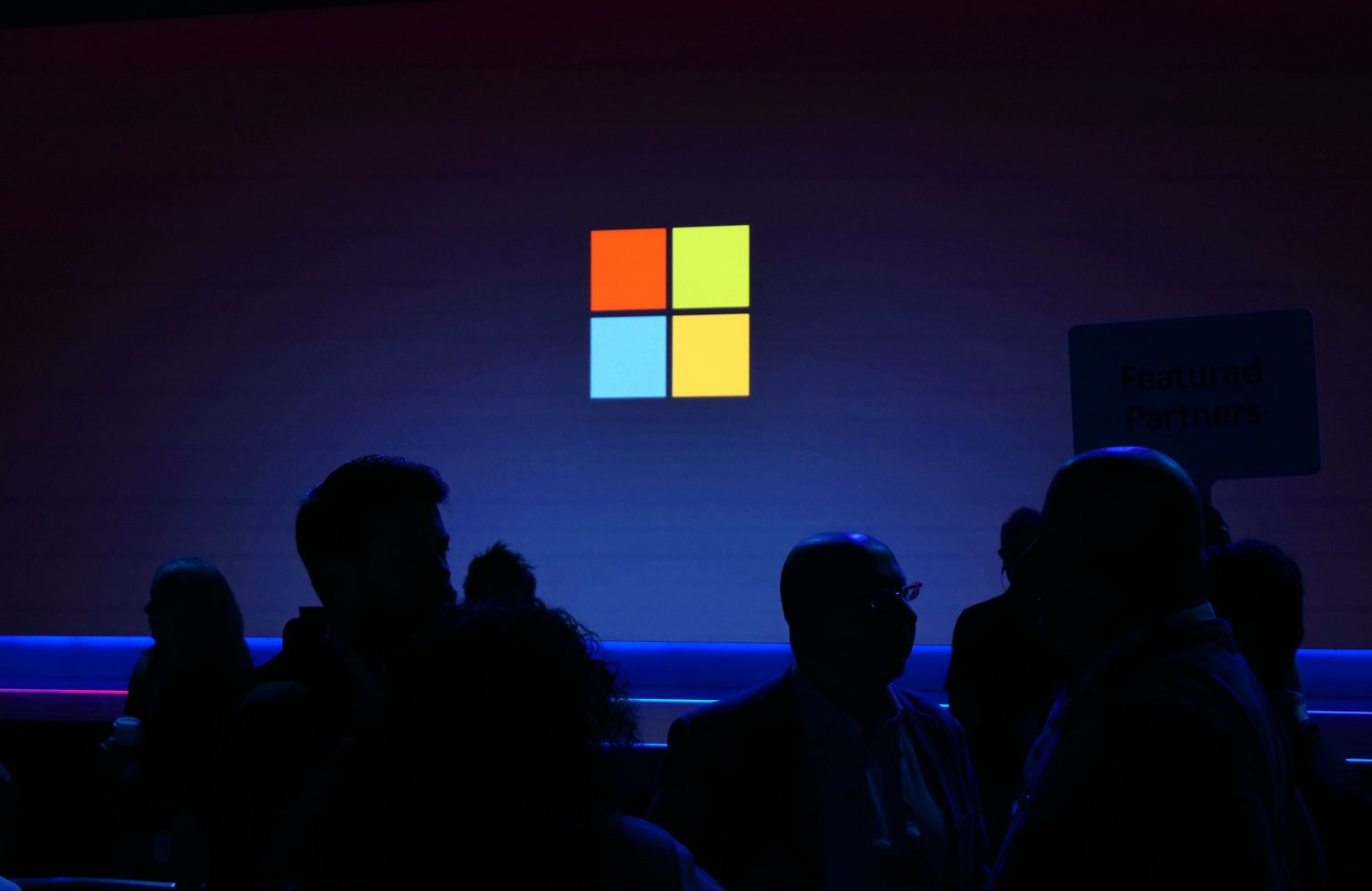Microsoft Enhances Employee Reporting System for Ethical Technology Concerns
In a significant move to strengthen its ethical governance framework, Microsoft has announced the expansion of its internal reporting system, allowing employees to flag concerns related to the company’s technology development and deployment. This initiative, unveiled by Microsoft President Brad Smith on November 5, 2025, comes after months of scrutiny regarding the company’s business relationships, particularly its technology’s use in sensitive geopolitical contexts.
The new “Trusted Technology Review” feature, integrated into Microsoft’s existing “Integrity Portal,” creates a structured pathway for employees to report potential policy violations regarding how Microsoft’s technology is being developed and utilized. This system mirrors the company’s existing channels for reporting workplace misconduct, security vulnerabilities, and legal concerns. Smith emphasized that employees can submit information anonymously and will be protected by Microsoft’s non-retaliation policy, creating a safe space for ethical concerns to surface. The enhancement demonstrates Microsoft’s recognition that technology ethics requires the same robust reporting infrastructure as other corporate integrity issues, acknowledging the moral responsibility that accompanies technological innovation in today’s complex geopolitical landscape.
This development follows a turbulent period for the tech giant, which has faced mounting pressure regarding Israel’s use of Microsoft technology in military and intelligence operations connected to the Gaza conflict. The controversy intensified in September when Microsoft confirmed elements of a Guardian investigation revealing that Israeli military intelligence had utilized Microsoft’s Azure cloud platform to store and analyze intercepted Palestinian communications. In response, Microsoft took the significant step of restricting certain cloud and AI services to Unit 8200, Israel’s military intelligence agency. These events highlight the difficult balance major tech companies must maintain between supporting governmental clients and upholding human rights principles—especially in conflict zones where technology can potentially enable surveillance activities that raise international humanitarian concerns.
The scrutiny hasn’t been limited to internal dissent; Microsoft has weathered persistent protests from both employees and activist organizations, including a group called “No Azure for Apartheid,” which has accused the company of enabling human rights violations through its cloud and AI offerings. Throughout this period, Microsoft has maintained that it remains committed to upholding its human rights principles and has denied providing technology intended for mass civilian surveillance. The public pressure campaigns represent a growing trend in the tech industry, where employees and stakeholders increasingly expect companies to consider the ethical implications of their business relationships, particularly in politically sensitive regions. These expectations have forced Microsoft and its peers to develop more sophisticated approaches to human rights due diligence in their global operations.
Beyond the new reporting mechanism, Smith announced that Microsoft is enhancing its “pre-contract review process for evaluating engagements that require additional human-rights due diligence.” This suggests a more rigorous assessment of potential clients and use cases before entering into business arrangements that might involve human rights considerations. The timing of these changes is particularly notable in the context of recent industry developments. The Guardian recently reported that Microsoft’s competitors, Amazon and Google, had included provisions in their cloud contracts with Israel that would alert the government if foreign legal orders sought access to its data—a concession that Microsoft reportedly refused during its unsuccessful bid for the same contract (known as Project Nimbus). This distinction potentially positions Microsoft’s stance on data sovereignty and human rights differently from some of its major cloud competitors.
In his communication to employees, Smith framed these changes as part of an “ongoing process” of learning and adaptation in “an increasingly complex world.” This acknowledgment reflects the reality that technology companies now operate in a landscape where their products and services have profound implications for human rights, national security, and international relations. Microsoft’s willingness to evolve its governance processes suggests a recognition that traditional corporate ethics frameworks may be insufficient for navigating the unique challenges posed by advanced technologies like cloud computing and artificial intelligence. As these technologies become more powerful and pervasive, the ethical guardrails surrounding their development and deployment will likely continue to be refined—not just at Microsoft but across the industry.
The steps Microsoft is taking represent a notable example of how major technology companies are adapting their internal processes to address the ethical complexities of modern technology deployment. By creating formal channels for employee concerns and strengthening pre-contract reviews, Microsoft is attempting to institutionalize ethical considerations within its business operations. The effectiveness of these measures will ultimately depend on how the company responds to the reports it receives and whether it is willing to make difficult business decisions when ethical concerns arise. As technology continues to evolve and reach into more sensitive domains, Microsoft’s approach to balancing business interests with ethical considerations will likely serve as an important case study for the broader technology industry’s handling of similar challenges in the years to come.


